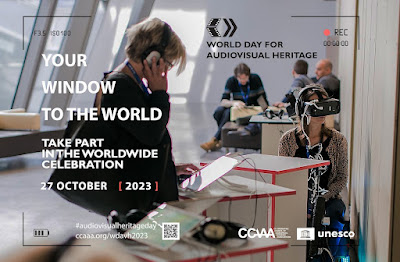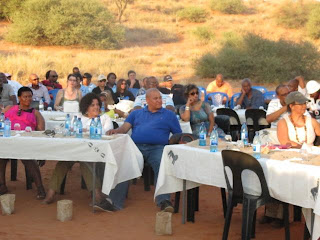 |
| SABC Music Therapy Room launch - Cape Town Library |
A meaningful milestone for the SABC Cape Town Media Library: the official launch of its Employee Mental Wellness Initiative. Built on the strength of their rich and diverse music collection, this programme is designed to promote emotional wellbeing in the workplace.
 |
| SABC Music Therapy Room |
Why this initiative matters
This initiative aligns with the SABC Employee Mental Wellness Programme and was developed to support the emotional and psychological health of their staff. It acknowledges the period of challenges faced during the 2021 retrenchments and the challenges during the height of the COVID-19 pandemic. By prioritizing wellbeing, they are investing in a healthier, more resilient workplace culture.
What’s included
 |
| SABC Music Therapy room |
🎵 Weekly Curated Music Playlists
- Each week, they roll out themed playlists crafted to help employees relax, rejuvenate, and relieve stress.
- Music is widely recognized for its healing properties: it can ease anxiety, lift mood, and offer comfort through times of grief or trauma.
- These playlists are a simple, accessible way to incorporate intentional wellness into the workday.
🛋️ Music Therapy Rooms
 |
| SABC Music Therapy Room - ambient lighting |
- They have established dedicated Music Therapy Rooms within the library.
- Spaces include individual listening booths, comfortable seating, and ambient lighting.
- The goal is to provide calming, immersive environments where staff can take mindful breaks and reconnect with themselves.
Launch highlights
🟢 Successful Launch – 5 August
 |
| Thembakazi Ntulini, Principal SABC Music Library Cape Town |
More photos from the launch:
Looking ahead
This marks just the beginning. They are committed to growing the programme to further support the wellbeing of their colleagues. Future plans may include expanding playlist themes, increasing accessibility to the Music Therapy Rooms, and exploring additional wellness activities that complement the music-based approach. The plan is also to open music therapy rooms in all of the regions, and to extend it to SABC in Johannesburg.
Why this matters to the broader community
- Employee wellbeing drives productivity and morale: When staff feel supported, engagement and performance tend to improve.
- Accessible wellness resources matter: Providing spaces and curated content lowers barriers to taking time for mental health.
- A culture of care resonates beyond the workplace: Wellbeing initiatives can inspire healthier habits at home and in the community.
If you’d like to learn more or share ideas for future playlists or wellness activities, they would love to hear from you. Let’s continue this journey toward a more mindful and resilient workplace.














































